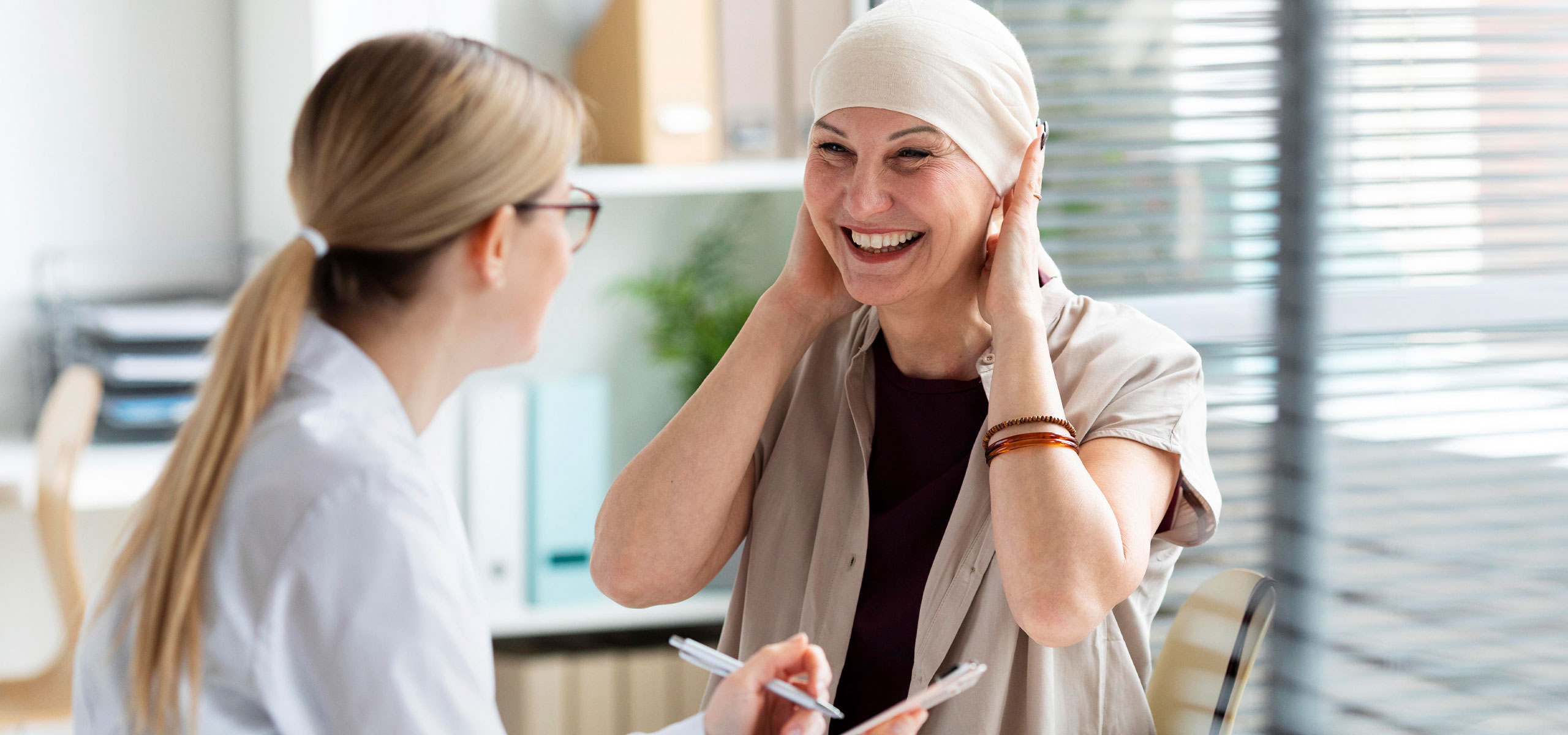
During cancer treatment, your body goes through a lot. A balanced, nutritious diet helps to:
Helps in healing and rebuilding tissues.
Rich in vitamins, minerals, and antioxidants.
Provides energy and fiber.
Keeps you hydrated and flushes toxins.
This is a common misconception. It is true that all cells, including cancer cells, use glucose (a form of sugar) for energy. But completely eliminating sugar from your diet doesn’t stop cancer growth.
In fact, your normal cells also need glucose to function. Cutting out all sugar can lead to malnutrition, weakness, and unintended weight loss, especially during chemotherapy.
Instead of avoiding sugar entirely, focus on:
Bottom line: Sugar in moderation is not harmful. The real danger is poor nutrition. Always consult your doctor or dietitian.